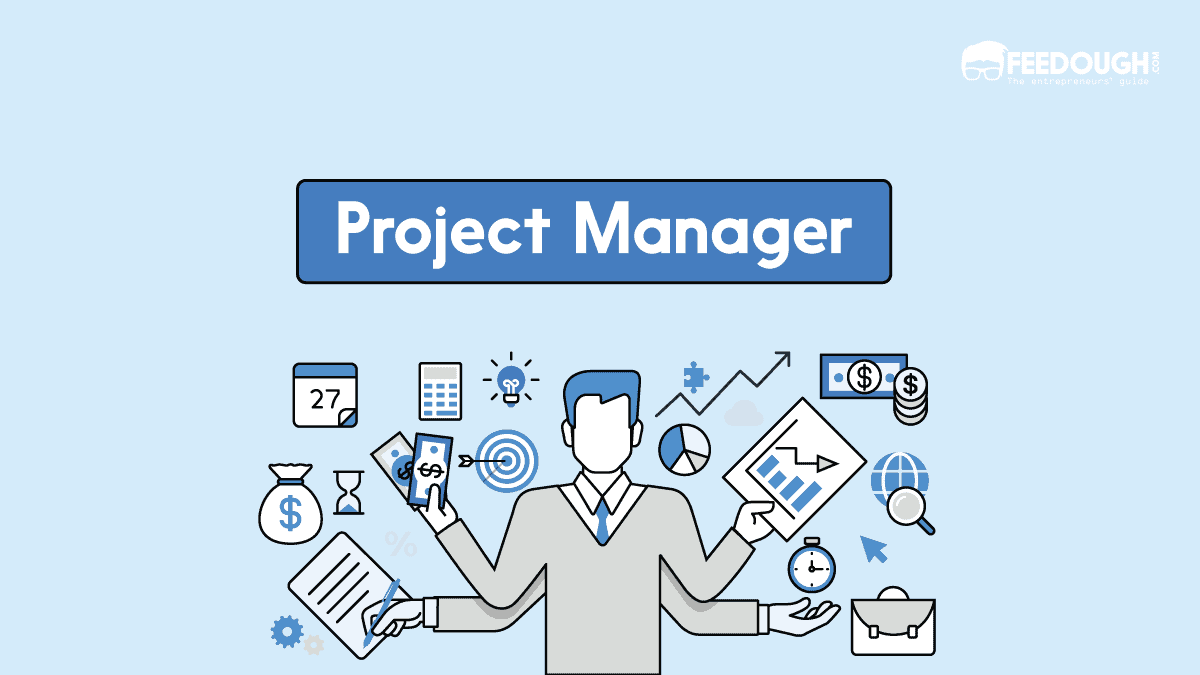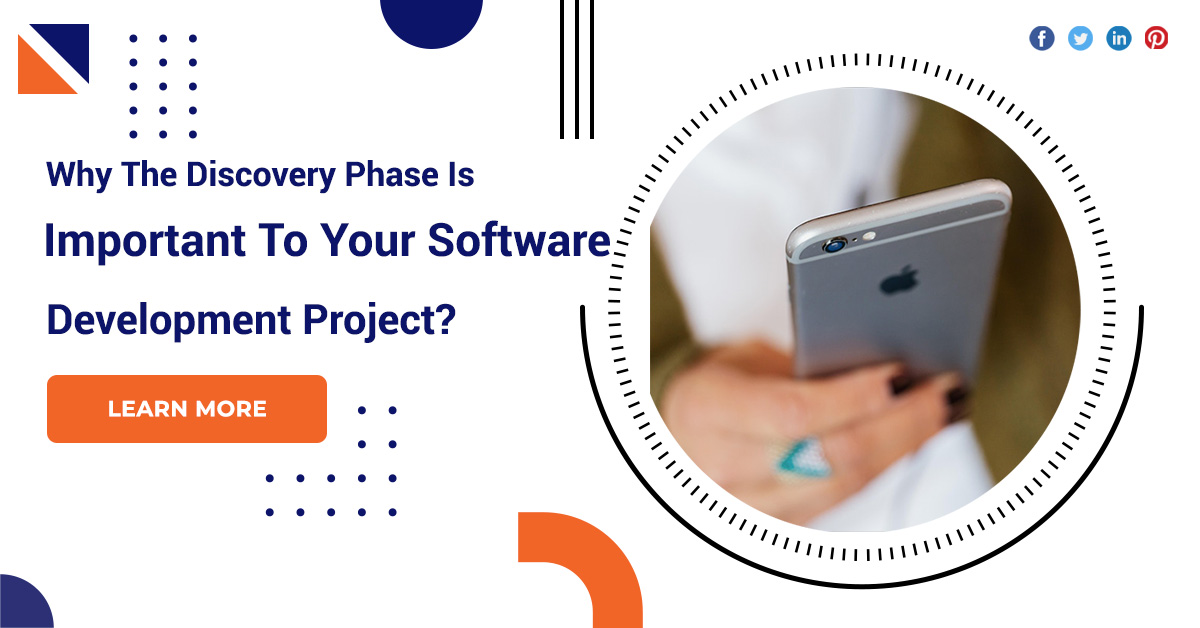Why The Discovery Phase Is Important To Your Software Development Project?
The discovery phase is an opportunity for our team to better understand your business, what problem you’re trying to solve, the technical requirements, and how we want to solve that problem. This is a step further and deeper than the initial conversations you had with our team. The project discovery process allows us to break down the epos and characteristics of your project, what technologies may be required and more.
Software development project
Market research
Marketing research in the Discovery phase is one of the first and most important components. Companies should clearly understand whether the product has a future or whether the market will not need the idea.
- Competitors in a certain niche.
- Required functionality.
- What is missing and what users would like to get.
- Necessary elements that can help overcome the competition.
Workshop
Transparency and effective communication are important in all phases of a project, the discovery phase being no exception. Therefore, once we formulate the project requirements and findings, we hold a workshop with key stakeholders and the analytics team to approve the scope, go over the details, and ensure everyone is on the same page.
Deliveries
We prepare all documentation, reports and other outputs. We usually hold another workshop with the client and other stakeholders to share our research results, explain the proposed strategy and offer a step-by-step system development plan.
How much will it cost?
Depending on the size and scope of the project, the discovery phase of custom software development would cost between $5,000 and $15,000. A Discovery project that does not include UX/UI development will cost around $5,000 and take no more than a month. It is the perfect choice for a moderately complex software development project that lasts 3-12 months.
Tools used in the discovery phase
Designer
Designers are responsible for working out the details of the project and their job is to bring this framework to life. Whether you include the lead designer or the whole, the former is responsible for listening to the needs and requirements and then formulating the general idea of the project in their minds.
Business analyst

The business analyst is another critical component of the discovery phase. They can provide insight into many aspects of the company and generally speak for the business owner in many situations.
Project manager

Not having a project manager to prioritize the discovery process would be like building a skyscraper without talking to the architect. Project managers have critical roles in most businesses, and software development is no different. And while different industries may have their own definitions, titles, and responsibilities for their managers, their primary concern is always to oversee the completion of assigned tasks.
Feature prioritization
Again, prioritizing any features you’d like to see can help provide direction for the developers involved. For example, focusing on key features will help ensure that the end result is as close as possible to what you envisioned. Without this type of strict guidelines, developers could spend more time on features that are ultimately less important to them.
Implementation of discovery phase
The Discovery phase is an essential part of the software development process. With so much at stake when starting a project, it pays to invest a little time upfront in setting standards and expectations. Additionally, this process could save countless hours and thousands of dollars later by identifying potential problems long before the project begins.
Participants in the software discovery phase
They conduct an in-depth analysis of the client’s business, current project status, scope in general, direct and indirect competitors, potential partners, and so on. The primary task is to establish effective communication with the owners and fully involve them in the process.
Conclusion
Thorough discovery and planning is a good start to a successful project. The professional development team never skips this stage and pays close attention to business research, study, and analysis.








Leave A Comment
You must be logged in to post a comment.